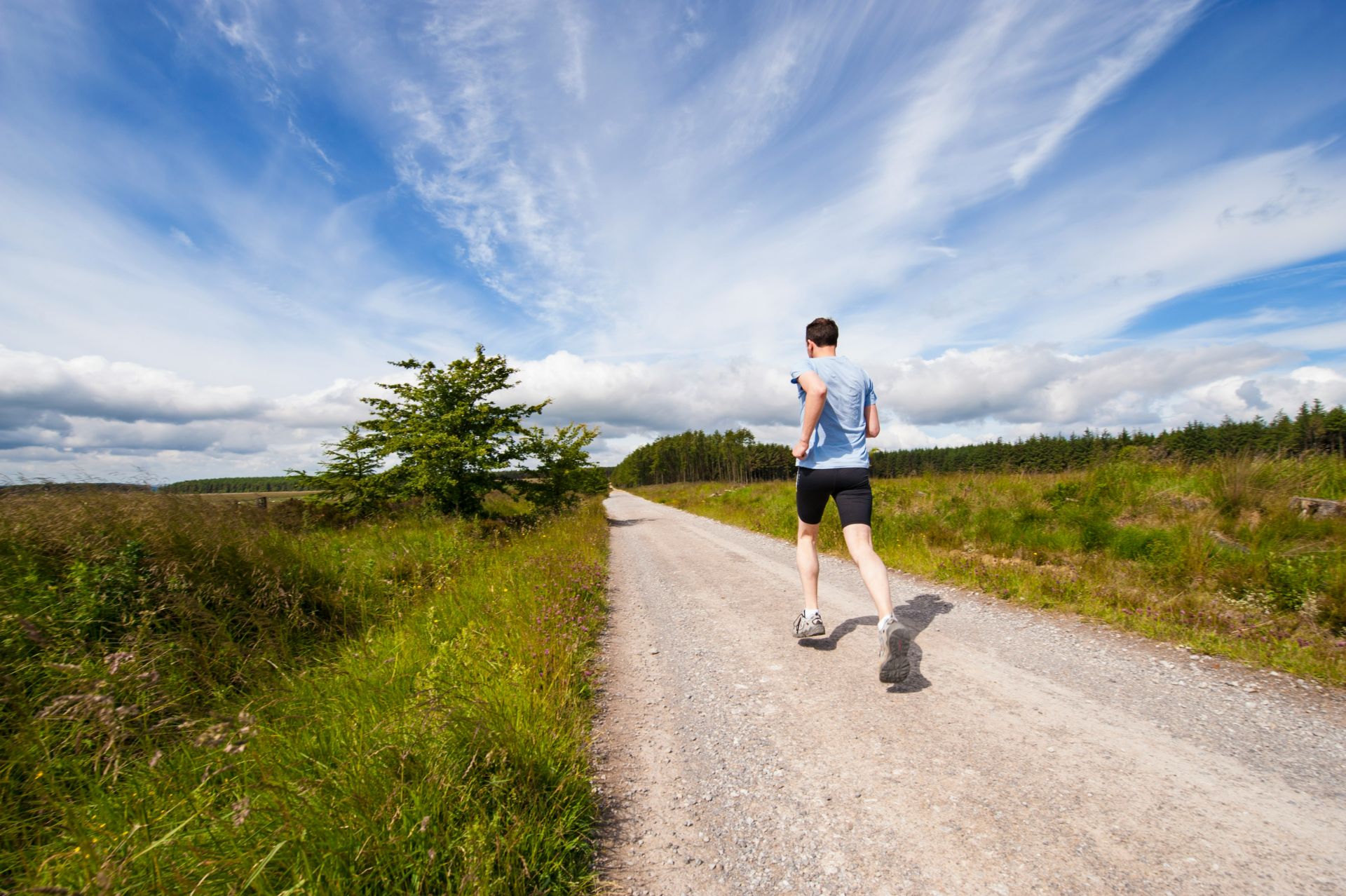24.07.2024
The influence of physical activity on depression

Depression is a mood disorder which is generally characterized by a deep feeling of hopelessness, loss of confidence, energy, willpower and disordered sleep and appetite. This disorder is highly frequent in the general population and has a high comorbidity with other mental disorders.
For more information about depression read: https://helpmedix.com/novosti/227
Depression is primarily treated through the use of pharmacotherapy and psychotherapy. The appearance of depression in populations which don’t have adequate access to medical institutions and therapy is common. It is also common that, because of stigma and lack of information surrounding depression, individuals stay undiagnosed and don’t get the treatment they need. Even in the cases of pharmacotherapy use it’s possible for the drugs to create unwanted consequences, for them to lose their potency over time, and even for and addiction to develop. The treatment of depression isn’t simple nor easy, our advice is to contact a medical professional, doctor, psychiatrist or psychologist and in cooperation with them work on resolving this problem.
How can physical activity help?
Physical activity and exercise can positively affect the prevention and regulation of depressive symptoms in many ways.
Active exercise creates a diverse positive physiological effect on the human body and its health. Exercise can help prevent heart disease, certain types of cancer and diabetes. It also promotes healthy sleeping and eating habits.
Intense, active exercise, such as cardio – vascular training, or strength and endurance training, promotes the secretion of endorphin, a hormone which is responsible for the reduction of stress and pain, as well as mood regulation. The famous feeling of “runner's high” after a draining workout is the result of this process.
Even less intense physical activity, like longer periods of walking, doing more physical chores around the house or generally any activity that would get us out of the sitting position, can have positive effects on our mood. This type of general increase in physical activity helps the secretion of brain – derived neurotrophic factor, which helps neurons grow and form new connections in the nervous system, thus elevating general mood and energy levels.
Research done by the American national institute of mental health (NIMH) shows that even small amounts of physical activity can have a significant influence in the prevention of depressive symptoms. The results of the research suggest that the most significant effect happens when going from no physical activity at all, to at least some physical activity. The researchers explain that physical activity that would be the equivalent of 2,5 hours of walking weekly can have an effect that could reduce chances of depression by 25%.
Psychosocial factors of physical activity are also significantly relevant in the reduction and regulation of depressive symptoms. This refers to increased confidence, better self – perception, better body – image, more social interactions.
The effect of our surroundings can also be significant, a higher proximity to green areas is correlated with a lower risk of depression.
Physical activity and active exercise also promote better sleep patterns and a healthier diet, which both have a positive influence on depressive symptoms.
Where to start?
The idea of starting a training regime can seem scary and difficult, especially if you are having problems with motivation and mood, like in depression.
- It’s important to pursue something that doesn’t feel like a chore, but is pleasurable
- Tracking your routine can help you set realistic, rational goals you can attain
- Variation of exercise and activity can help solidify this way of life and make habitual changes
- Not attaining certain goals and expectations is no reason for despair, its all part of the process
As we stated before, even smaller steps in the right direction can be significant when physical activity is concerned. There is no need for drastic decisions and ideas that can prove to be too demanding and difficult.
If you want to dedicate yourself to a physical activity or training regime, we suggest consulting a healthcare professional who can help you in formulating a plan and understanding the required effort and benefits of this process.
Written by: Bachelor of Psychology Aleksa Holcer
Codella, R., & Chirico, A. (2023). Physical Inactivity and Depression: The Gloomy Dual with Rising Costs in a Large-Scale Emergency. International Journal of Environmental Research
and Public Health/International Journal of Environmental Research and Public
Health, 20(2),
1603. https://doi.org/10.3390/ijerph20021603
Depression screening
and treatment in adults. (2016, October 4). National Institutes of Health (NIH). https://www.nih.gov/news-events/nih-research-matters/depression-screening-treatment-adults
Factors that affect
depression risk. (2020, September 15). National Institutes of Health
(NIH). https://www.nih.gov/news-events/nih-research-matters/factors-affect-depression-risk
Pearce, M., Garcia, L.,
Abbas, A., Strain, T., Schuch, F. B., Golubic, R., Kelly, P., Khan, S.,
Utukuri, M., Laird, Y., Mok, A., Smith, A., Tainio, M., Brage, S., &
Woodcock, J. (2022). Association between physical activity and risk of
depression. JAMA Psychiatry, 79(6), 550. https://doi.org/10.1001/jamapsychiatry.2022.0609
Wanjau, M. N., Möller,
H., Haigh, F., Milat, A., Hayek, R., Lucas, P., & Veerman, J. L. (2023).
Physical Activity and Depression and Anxiety Disorders: A Systematic Review of
Reviews and Assessment of Causality. AJPM
Focus, 2(2),
100074. https://doi.org/10.1016/j.focus.2023.100074
Your trusted partner in finding medical information. We offer access to reliable resources and make it simple for you to get in touch with qualified medical service providers. Our goal is to assist you in achieving optimal health through dependable information and ongoing support, whether it's advice, a physical examination, or expert consultation.